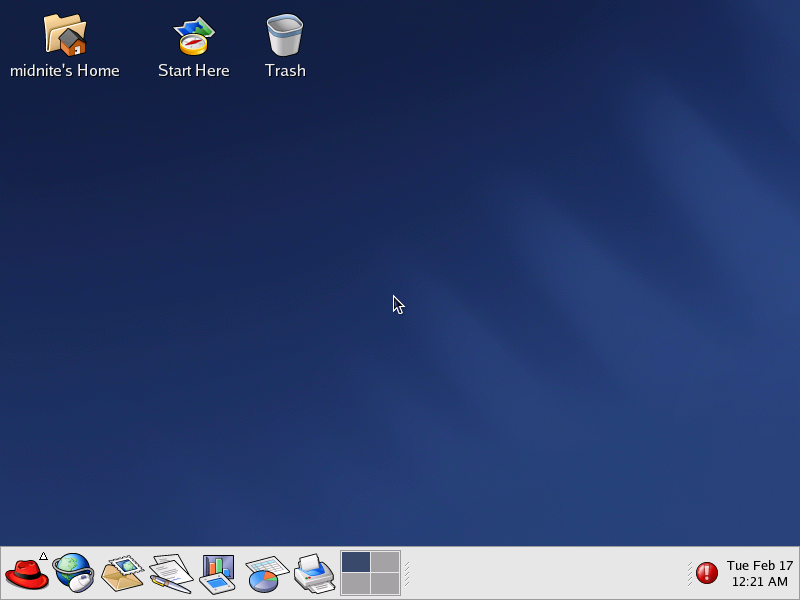My first encounter with open source software was Red Hat Linux (6.0) way back in 1996. It was a watershed moment!

Why? Because here was a rich tapestry, a rich ecosystem of software, and a community of thousands from around the world that I had just become a part of.
It wasn’t built by companies seeking profit or marketshare before all else. It was built by people who enjoyed building software, who had an itch to scratch with software, who wanted to — even in some small way — make software that they used better, or who just wanted to give back or help out in some way.
It was so different to my experience up until that point. This was only further crystalised in my early years as a software developer, as I spent time writing ASP (classic)-based websites, and desktop software in Visual Basic (6) that connected to Microsoft Access and SQL Server databases.
In these environments (from memory) you were not only required to hand over money for the core software — but for any module or add-on that you may have needed but weren’t in a position, for one reason or another, to build for yourself.
Don’t get me wrong, I’m not against paying for or for investing in quality tools. You should see the tools that I’ve invested in to create my podcast. But it seemed that you had to just keep handing over money all the time (and hope that you made enough to cover all of your costs).
Open source, on the other hand, doesn’t work that way. Sure, there are large companies who have invested in open source over the years, such as Google who created Go, often as they saw a business advantage in doing so. However, open source software is mostly built by people for people, for all manner of reasons.
If you need it, and it’s available, you can install it with your package manager or compile it for yourself. PHP’s an excellent example of this. As is VIM, which I’m using to write this post.
It’s that spirit of community that drew me in and still keeps me there today. It’s why I got in to all of the software languages that I’ve used over the years.
— Matthew
P.S. I’ll get on to investing in open source in a future daily.
Join the discussion
comments powered by Disqus